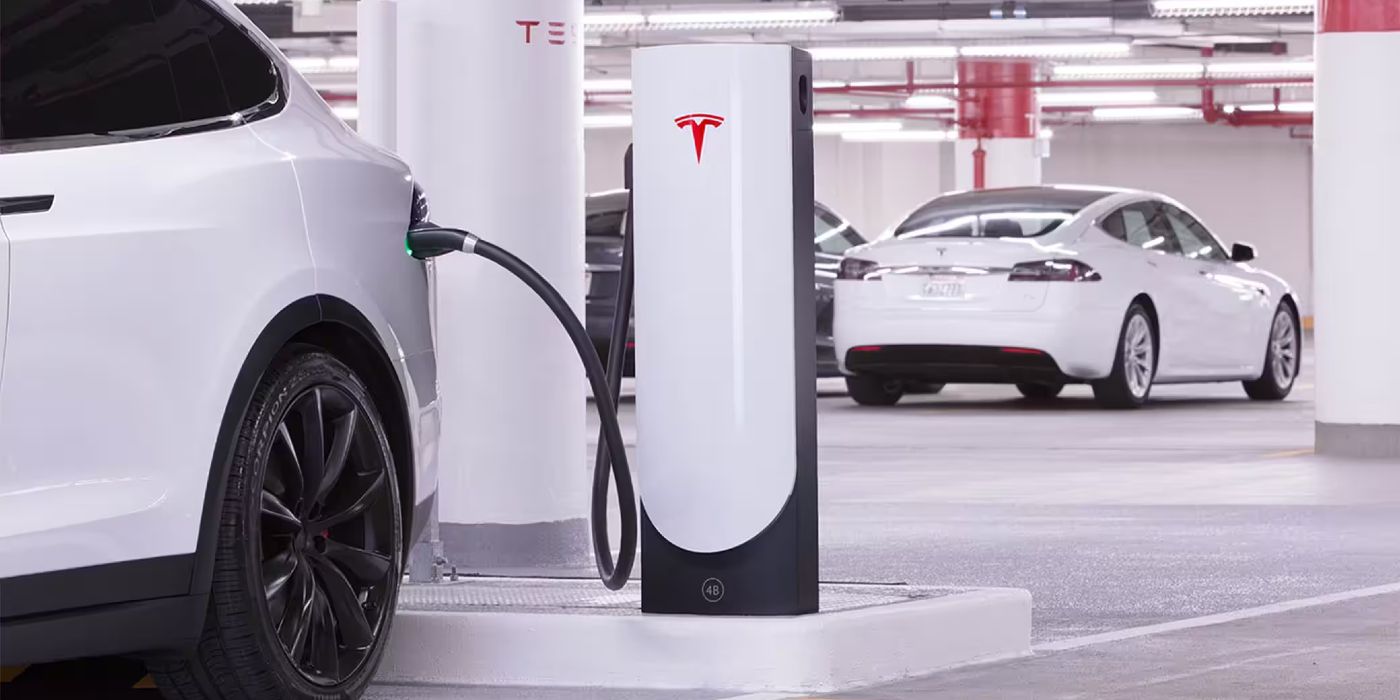The United States Government has resolved to make electric vehicle charging more affordable and accessible for citizens. As EVs continue to populate dealerships around the country, strengthening the nation's EV infrastructure is a welcome development. This affirms the government's push for efficient mobility and environmental sustainability. Today, more automakers are releasing EVs capable of delivering the same experience as a gasoline vehicle. The EV segment of the automotive market comprises electric sedans like the Mercedes-Benz EQS, electric SUVs like the Nissan Leaf, and electric pickups like the GMC Hummer EV.
Although the rise of EVs in the North American market is admirable, certain issues abound in adopting all-electric vehicles. Currently, driving range is a major problem with EVs, with models like the Mini Cooper offering a paltry 114-mile range. While that's reasonable for city drives, drivers looking for a road trip will be largely disappointed. EV owners must also tackle a shortage of charging stations which means longer wait times upon finding one compatible with their vehicle.
The Biden-Harris administration claims that it's committed to encouraging citizens to buy and drive EVs, with President Biden believing that by 2030, 50 percent of new vehicles sold in the U.S. will be electric. The administration is investing over $700 million from the private sector. The U.S. government will use the investment to upgrade the country's yearly EV production output to over 250,000 units. Aside from increasing the volume of EVs made yearly, this initiative will create up to 2,000 jobs. In addition, to solve the problem of EV charging, the Biden-Harris administration recently passed the Bipartisan Infrastructure Law, which will enable the development of a national EV charging network. The national charging network will form synergy among all EV charging stations and deliver a pleasant experience to EV owners regardless of their model.
How EV Industry Leaders Are Supporting The U.S Government
Following the U.S. government's actions in encouraging affordable and accessible EV charging, some industry leaders have supported the cause. For example, Electrify America recently received a $450 million investment from Siemens and the Volkswagen Group. Electrify America will use the investment to build and roll out around 100,000 ultra-fast chargers for installation in 1,800 charging stations. Additionally, Siemens hopes to provide one million EV chargers within four years after investing $250 million in the U.S. government. Other results from Siemens's involvement include a total of 500 jobs created, a $25 million investment in a wireless charging company, and a forthcoming manufacturing establishment. In addition, companies like ABB E-mobility, ChargePoint, and FLO have made significant investments in the EV segment, creating meaningful employment, improving the country's economy and encouraging more Americans to buy EVs.
Tesla also leads the charge to make EV charging more convenient. The company's recent investments in its New York-based Gigafactory targets the expansion of its fast charging networks. Tesla also intends to upgrade its Supercharger network of 1,200 stations so they can charge non-Tesla EVs later in 2022. This will significantly reduce the burden of having to locate a compatible charger. These efforts bolster the United States Government's steps to close the gap between EV owners and affordable chargers.
Source: White House


